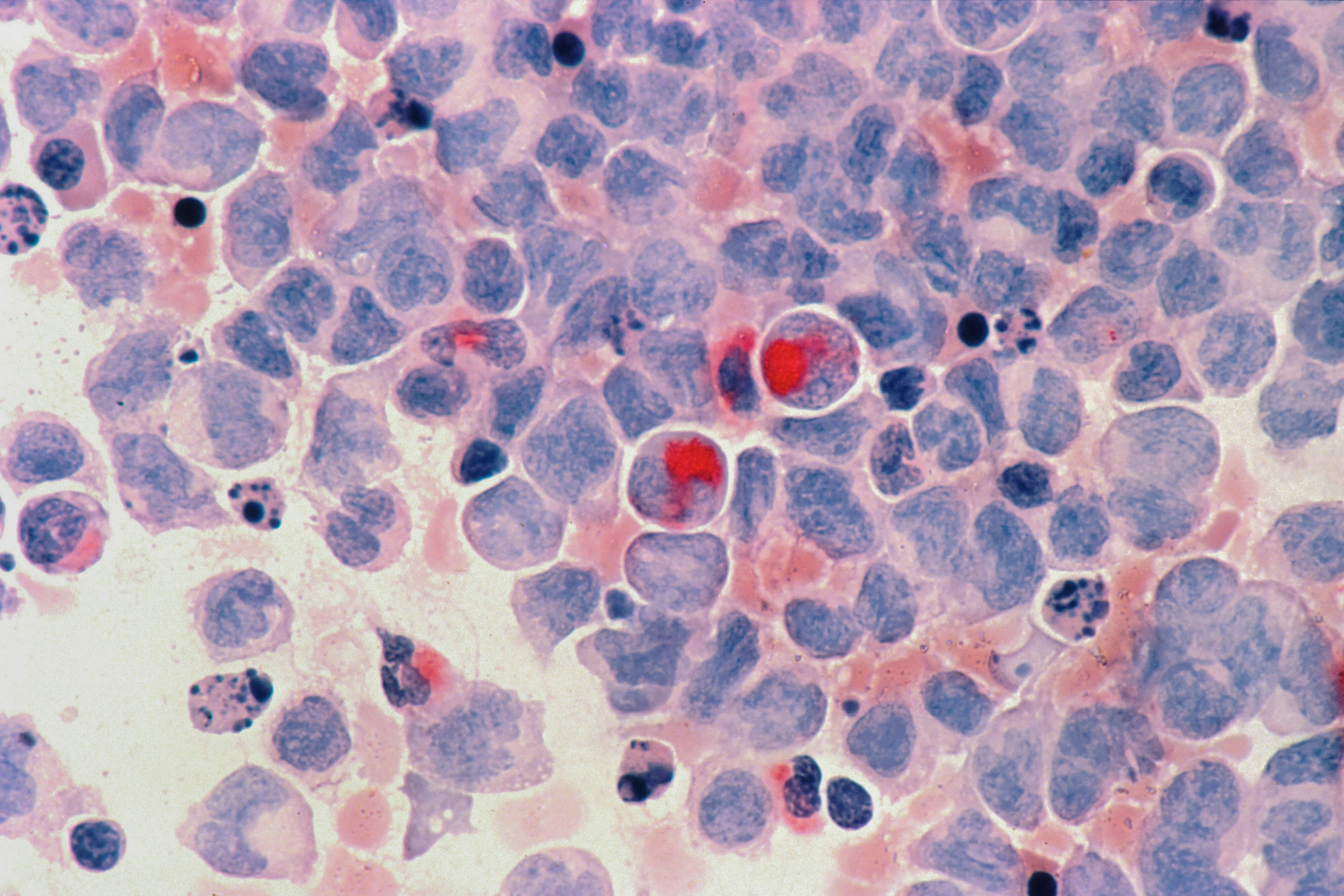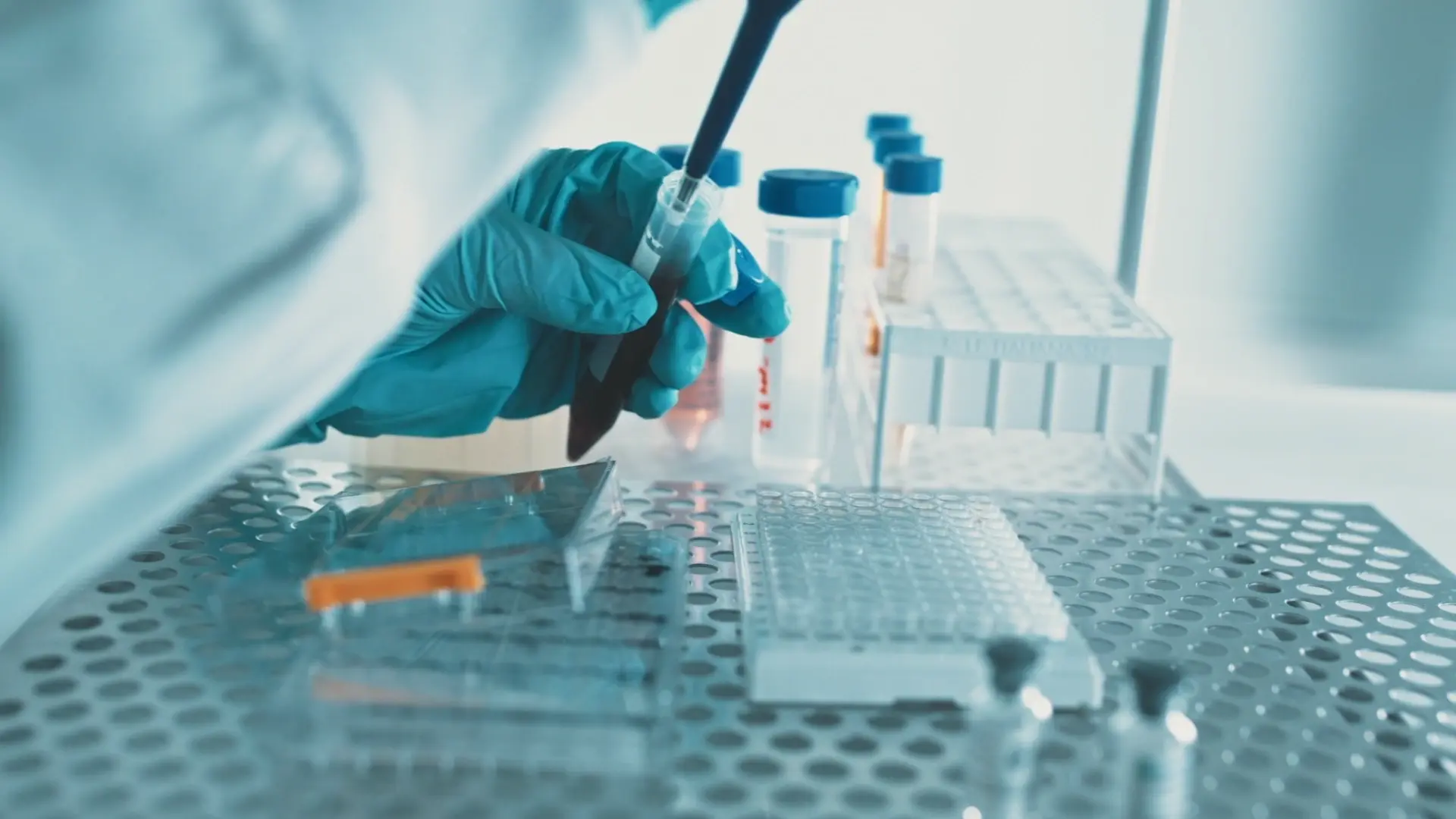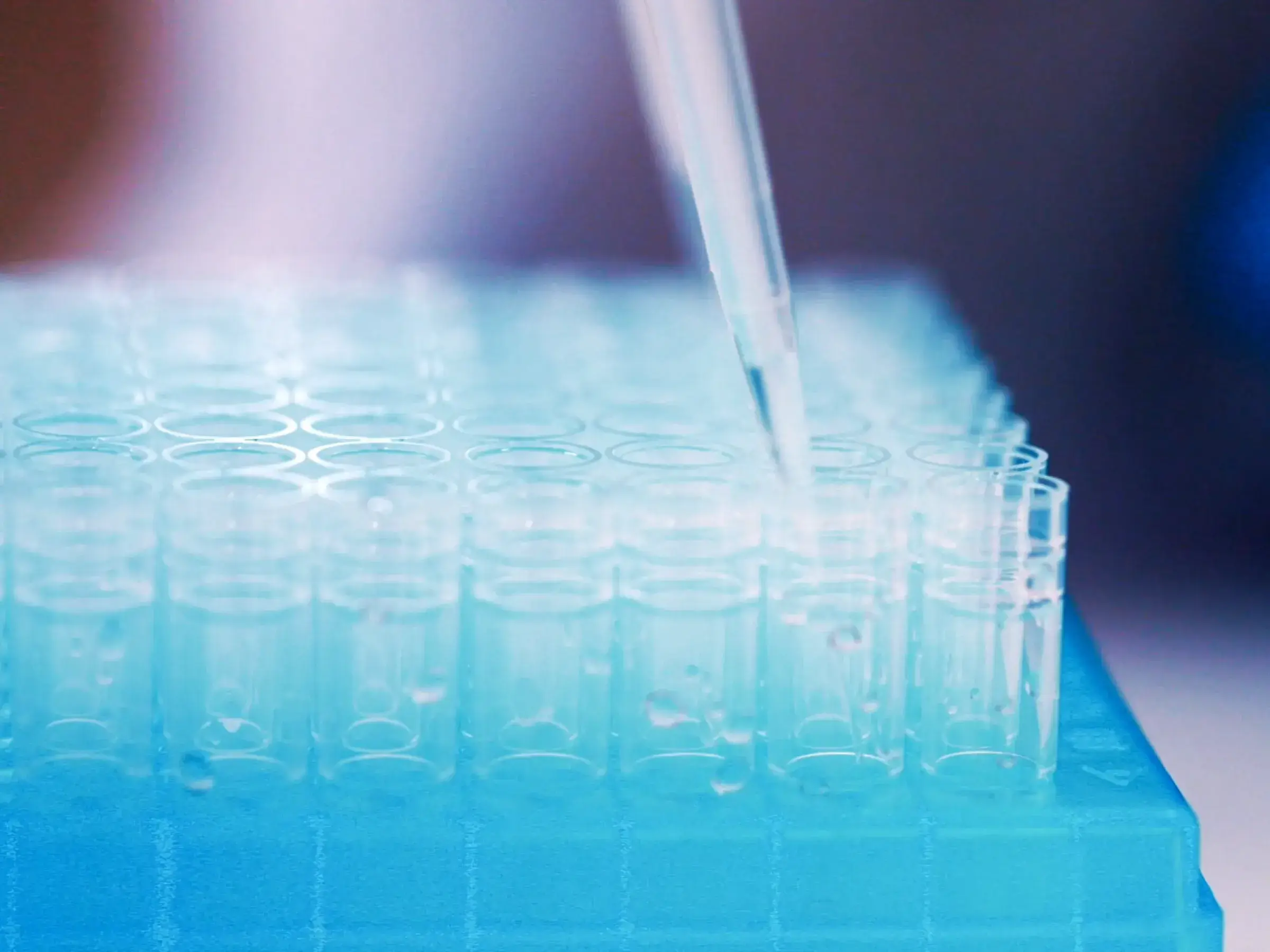The Link Between Fiber, Cancer & the Gut Microbiome
Recent breakthroughs in cancer research are revealing a profound connection between the gut microbiome, dietary habits, and the success of cancer...
4 min read
 Manoj Dadlani
:
Mar 24, 2025 3:00:50 PM
Manoj Dadlani
:
Mar 24, 2025 3:00:50 PM

The microbiome, consisting of trillions of microorganisms residing in various parts of the body, has been linked to cancer development, progression, and treatment responses. But what is the connection between the human microbiome and different types of cancer?
Scientists are discovering that certain microbial compositions and species of intestinal microbiota can either promote or suppress tumor growth, affecting cancer risk, prognosis, the tumor microenvironment and even the effectiveness of therapies.
This article explores the relationship between the microbiome and various cancer types, highlighting key research findings and implications.
Ready to transform your cancer research? Get started with our immuno-oncology sequencing services today.
The microbiome plays a crucial role in cancer development and progression across different types of cancer, including:
Research has shown that distinct microbial compositions exist in various tissues, influencing factors like inflammation, immune response, and DNA damage. For instance, Fusobacterium nucleatum has been implicated in breast, colorectal, and pancreatic cancers, promoting tumor growth and immune evasion.
Similarly, gut microbes such as colibactin-producing Escherichia coli contribute to colorectal cancer by inducing DNA damage. In lung and oral cancers, microbial imbalances can alter immune responses and create environments conducive to tumor development.
Breast tissue has its own unique microbiome, with significant differences between healthy and cancerous tissues. Studies have identified certain microbes that are more abundant in breast cancer tissue, such as Fusobacterium nucleatum and Methylobacterium radiotolerans. These bacteria may contribute to cancer development and impact the human tumor microbiome through mechanisms such as inflammation, immune modulation, and DNA damage.
Research also suggests that the gut microbiome plays a role in breast cancer risk by influencing estrogen metabolism. Certain gut bacteria can alter estrogen levels, potentially affecting hormone-driven cancers like breast cancer. Understanding these microbial interactions could lead to novel therapeutic strategies, such as microbiome-targeted probiotics or antibiotics.
Colorectal cancer (CRC) is one of the most well-researched cancers in terms of microbiome involvement. Multiple studies have identified specific bacterial species, including Escherichia coli, Fusobacterium nucleatum, and bacterial biofilms, as key players in CRC development. These microbes can influence:
Additionally, colibactin-producing E. coli strains have been found to directly cause DNA damage, increasing colorectal cancer susceptibility. The identification of these microbial signatures could lead to improved screening methods and personalized treatment options.
Pancreatic cancer has a notoriously poor prognosis, and recent research suggests that the microbiome may influence its progression. Certain bacteria, such as Fusobacterium nucleatum and Pseudomonas, have been found in pancreatic tumors and may play a role in:
These findings open the door for potential microbiome-targeted interventions, such as altering gut bacteria to improve patient outcomes.
The lung microbiome is shaped by microbes from the oral cavity, nasal cavity, and gastrointestinal tract. Research has found that certain bacterial genera, such as Acidovorax and Klebsiella, are enriched in lung cancer patients and are associated with tumor progression (possibly through chronic inflammation and immune system alterations) and immune response where microbial activity influences tumor immune evasion.
Lung microbiota composition differs between smokers and non-smokers, suggesting that environmental factors also play a role in microbial shifts linked to cancer.
Changes in the oral microbiome have been linked to oral cancers, with specific bacteria playing a potential role in carcinogenesis. Studies show that microbes such as Dialister spp. and Porphyromonas gingivalis are significantly increased in oral cancer patients. These bacteria may contribute to:
Given the accessibility of the oral cavity, targeting the microbiome through improved dental hygiene or probiotics could be a promising prevention strategy.
The microbiome of the urinary and reproductive tracts has distinct microbial communities, some of which have been implicated in prostate cancer. For example, Helicobacter hepaticus, a gut bacterium, has been shown to trigger prostate cancer in mouse models. Researchers believe that microbial-induced inflammation and hormone metabolism may contribute to cancer risk.
Exploring the urinary microbiome's role in prostate cancer could lead to improved diagnostic tools and targeted therapies in the future.
The microbiome is emerging as a key player in cancer development and treatment outcomes. Each cancer type has a unique microbial signature, influencing tumor initiation, progression, and therapeutic response.
As research continues, microbiome-based diagnostics, prevention strategies, and even therapeutic interventions may revolutionize cancer care. Understanding and harnessing the power of the microbiome could open new doors to personalized medicine, offering more effective and targeted approaches for cancer patients.
Our cutting-edge immuno-oncology sequencing services offer comprehensive insights into tumor samples of different types, helping you identify key microbial and carcinogenic factors that impact different types of cancer.
Yes, the gut microbiome influences breast cancer risk by regulating estrogen metabolism, which can affect hormone-driven cancers, and certain bacteria, like Fusobacterium nucleatum, have been found in breast cancer tissues.
The gut microbiome contributes to colorectal cancer progression by promoting DNA damage (e.g. colibactin-producing E. coli), altering immune responses, and affecting chemotherapy efficacy.
Certain bacteria, such as Fusobacterium nucleatum and Pseudomonas, may influence pancreatic cancer progression by triggering inflammation, evading immune detection, and affecting patient survival.
Microbial imbalances in the lung, including bacteria like Acidovorax and Klebsiella, may contribute to lung cancer by promoting chronic inflammation and altering immune responses, with differences observed between smokers and non-smokers.

Recent breakthroughs in cancer research are revealing a profound connection between the gut microbiome, dietary habits, and the success of cancer...

Identifying the microbial communities residing within tumors is reshaping our understanding of cancer progression and treatment. As researchers delve...

Microbiome-based cancer diagnostic methods use microbial DNA from saliva, feces, and blood plasma as biomarkers for cancer. These non-invasive...